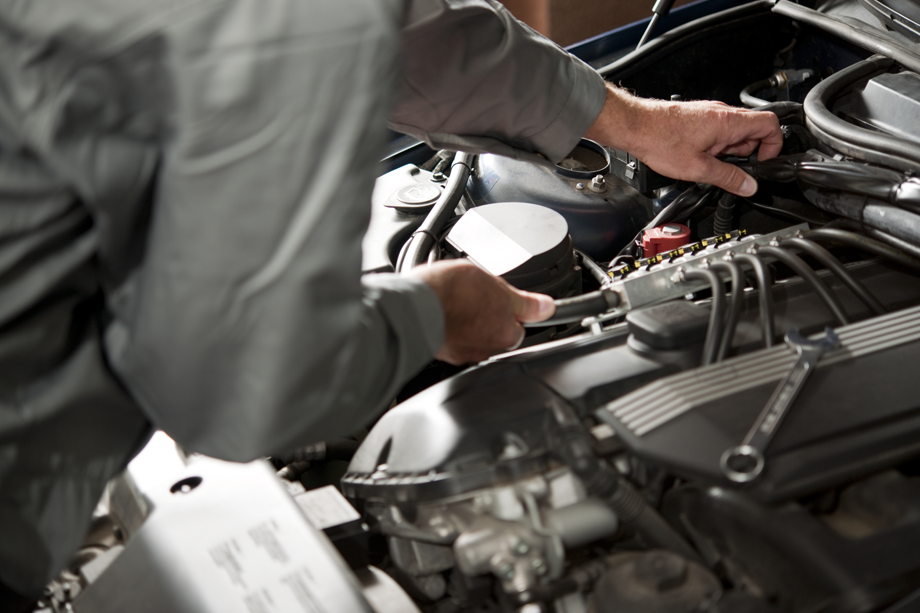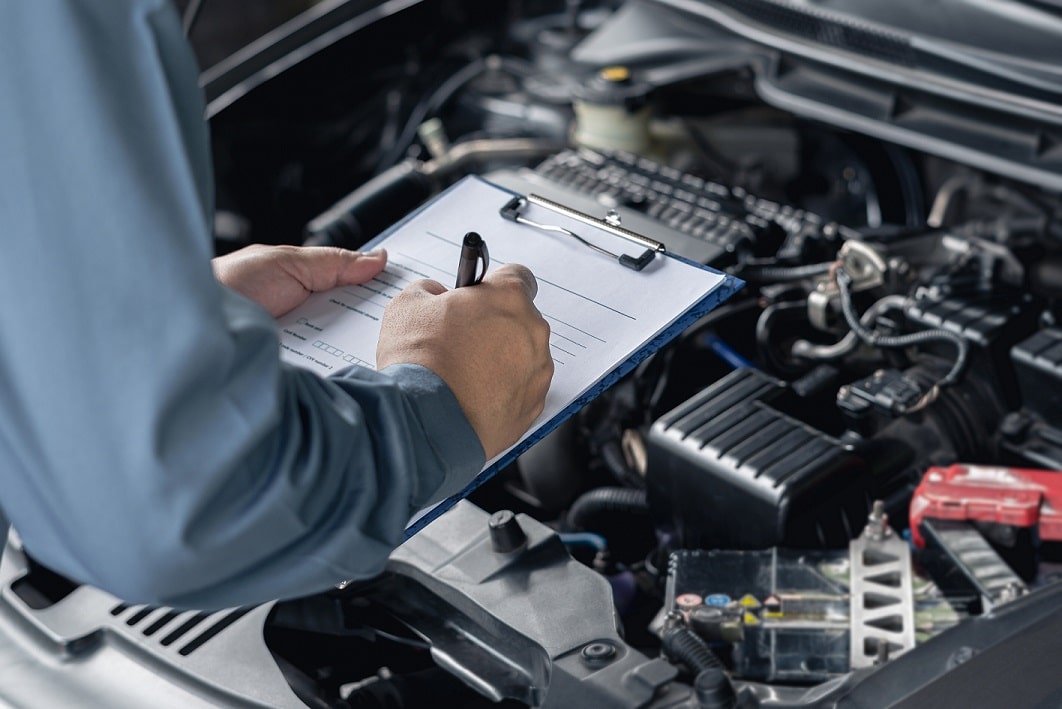All Categories
Featured
An auto overheating can be a difficult scenario, especially if it occurs suddenly. High engine temperature levels can cause extreme damages if not addressed quickly. Recognizing what to do when your auto overheats and understanding just how to prevent it can conserve you from costly repair work and ensure your safety and security on the road.
![]()
If Your Vehicle Overheats,What to Do. Pull Over Safely. As quickly as you notice indicators of getting too hot-- such as heavy steam climbing from the hood, a surging temperature scale, or alerting lights-- pull over to a risk-free area. Switch off the engine quickly to avoid additional damage.
Switch Off the AC and Switch On the Heating unit. Turn off the air conditioning to minimize engine load and switch on the heating unit if you're not able to pull over right away. This redirects warm away from the engine and into the cabin, which can assist lower the engine temperature level briefly.
Open Up the Hood (with Care) Wait on the engine to cool off before opening the hood. Opening it ahead of time can reveal you to scalding heavy steam or warm liquids. Once it's secure, inspect the engine for noticeable indications of trouble, such as leaking coolant or a damaged radiator pipe.
Check the Coolant Degrees. Include it to the reservoir or radiator as soon as the engine has cooled down if you have coolant or water in your car. Avoid including chilly water to a warm radiator, as it can trigger breaking.
![]()
Ask For Help. If you're not able to fix the concern or detect, speak to a tow vehicle or roadside help. Driving with an overheated engine can bring about significant damages, such as a blown head gasket or distorted engine elements.
Just How to stop Your Automobile from Getting too hot. Inspect Coolant Levels Frequently. Guarantee your vehicle always has the appropriate amount of coolant. Low coolant levels are among the most usual causes of getting too hot. Regularly check the coolant storage tank and top it off if needed.
Inspect Radiator and Tubes. Search for splits, leaks, or loose links in the radiator and pipes. Replace any kind of broken components quickly to stop coolant leakages.
Maintain Your Air Conditioning System. Flush and replenish the air conditioning system as suggested in your lorry's owner guidebook. In time, old coolant can shed its efficiency and stop working to shield the engine from overheating.
Monitor the Thermostat and Water Pump. A malfunctioning thermostat or water pump can disrupt the cooling system's function. Have these elements inspected during regular upkeep to capture problems early.
Stay Clear Of Straining Your Vehicle. Excessive weight places extra pressure on the engine and air conditioning system. Maintain your lots within the manufacturer's suggested restrictions.
Watch the Temperature Level Scale. Take note of your temperature gauge, especially during hot climate or when driving up steep inclines. If the gauge starts to climb up, take preventative measures such as lowering speed or switching off the AC.
Conclusion. Managing an overheated cars and truck does not have to be frustrating if you know what actions to take. Acting swiftly and securely can prevent more damages to your engine. To reduce the threat of getting too hot, remain on top of routine maintenance, evaluate your air conditioning system, and drive properly. With proper treatment, you can keep your engine running smoothly and prevent the aggravation of an overheated lorry.

If Your Vehicle Overheats,What to Do. Pull Over Safely. As quickly as you notice indicators of getting too hot-- such as heavy steam climbing from the hood, a surging temperature scale, or alerting lights-- pull over to a risk-free area. Switch off the engine quickly to avoid additional damage.
Switch Off the AC and Switch On the Heating unit. Turn off the air conditioning to minimize engine load and switch on the heating unit if you're not able to pull over right away. This redirects warm away from the engine and into the cabin, which can assist lower the engine temperature level briefly.
Open Up the Hood (with Care) Wait on the engine to cool off before opening the hood. Opening it ahead of time can reveal you to scalding heavy steam or warm liquids. Once it's secure, inspect the engine for noticeable indications of trouble, such as leaking coolant or a damaged radiator pipe.
Check the Coolant Degrees. Include it to the reservoir or radiator as soon as the engine has cooled down if you have coolant or water in your car. Avoid including chilly water to a warm radiator, as it can trigger breaking.

Ask For Help. If you're not able to fix the concern or detect, speak to a tow vehicle or roadside help. Driving with an overheated engine can bring about significant damages, such as a blown head gasket or distorted engine elements.
Just How to stop Your Automobile from Getting too hot. Inspect Coolant Levels Frequently. Guarantee your vehicle always has the appropriate amount of coolant. Low coolant levels are among the most usual causes of getting too hot. Regularly check the coolant storage tank and top it off if needed.
Inspect Radiator and Tubes. Search for splits, leaks, or loose links in the radiator and pipes. Replace any kind of broken components quickly to stop coolant leakages.
Maintain Your Air Conditioning System. Flush and replenish the air conditioning system as suggested in your lorry's owner guidebook. In time, old coolant can shed its efficiency and stop working to shield the engine from overheating.
Monitor the Thermostat and Water Pump. A malfunctioning thermostat or water pump can disrupt the cooling system's function. Have these elements inspected during regular upkeep to capture problems early.
Stay Clear Of Straining Your Vehicle. Excessive weight places extra pressure on the engine and air conditioning system. Maintain your lots within the manufacturer's suggested restrictions.
Watch the Temperature Level Scale. Take note of your temperature gauge, especially during hot climate or when driving up steep inclines. If the gauge starts to climb up, take preventative measures such as lowering speed or switching off the AC.
Conclusion. Managing an overheated cars and truck does not have to be frustrating if you know what actions to take. Acting swiftly and securely can prevent more damages to your engine. To reduce the threat of getting too hot, remain on top of routine maintenance, evaluate your air conditioning system, and drive properly. With proper treatment, you can keep your engine running smoothly and prevent the aggravation of an overheated lorry.
Latest Posts
Contact Montclare Auto Repair for Assistance - Fast Service You Can Count On
Published Apr 19, 25
2 min read
Financial Protection for every single Phase of Life
Published Apr 19, 25
1 min read
Accomplish Your Financial Desires with WyHy's Wide range Administration Services
Published Apr 19, 25
1 min read
More
Latest Posts
Contact Montclare Auto Repair for Assistance - Fast Service You Can Count On
Published Apr 19, 25
2 min read
Financial Protection for every single Phase of Life
Published Apr 19, 25
1 min read
Accomplish Your Financial Desires with WyHy's Wide range Administration Services
Published Apr 19, 25
1 min read